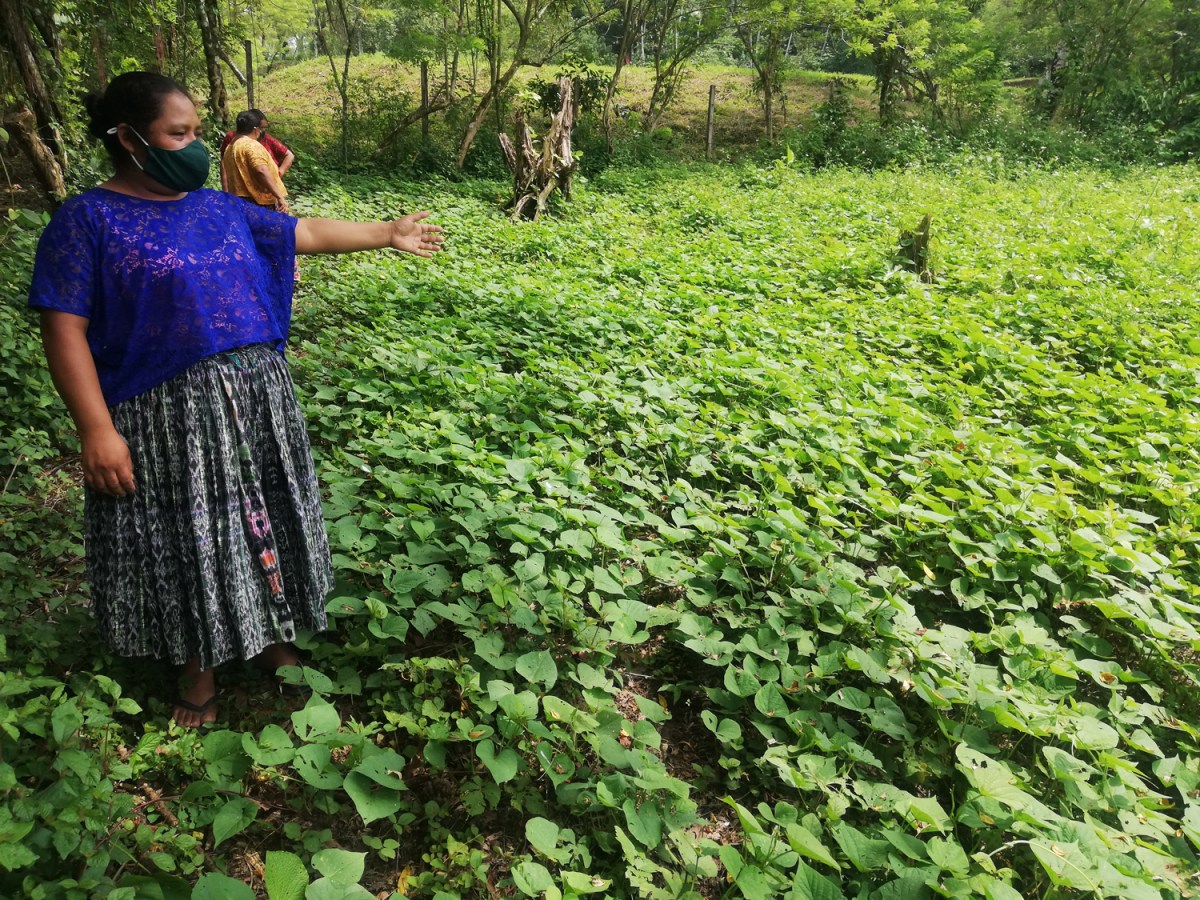You probably know Cotopaxi as the outdoor brand with bright patterns that make you look twice and grin. But it isn’t only that.
Rewind to 2001, when Davis Smith and his wife Asialene Smith were interning at a nonprofit in Peru. While visiting Cusco, the couple befriended a 9-year-old named Edgar who shined shoes to bring in some income for his family. Though Davis had spent much of his childhood in Latin America, he says, “Edgar really shaped how I saw the world.” Davis had Edgar top of mind when, thirteen years later, he founded Cotopaxi with its give-back framework dedicated to fighting global poverty. Now, the socially minded company is turning its attention toward COVID-19 relief.
“When the pandemic began, as scary as it was for all of us, our first thoughts turned to those who we knew would be most impacted: the poor, refugees and immigrants. Millions of the world’s most vulnerable populations were now even more vulnerable,” Smith says. As the pandemic swept across the globe, “our team redoubled our efforts to find ways we could assist those most in need.”
Those efforts have been significant. Since March, the Utah-based brand has worked with nonprofits to supply COVID-19-related medical assistance to more than 10,000 people across South America. Closer to home, it provided 500,000 masks to the state of Utah’s Mask for Every Utahn campaign. Brand reps estimate Cotopaxi has directly helped more than 800,000 individuals through these initiatives and others. “Seeing what we’ve accomplished this year, when our own business was impacted, is one of the proudest moments we’ve had since our inception,” Davis says.
Cotopaxi’s mantra “Gear for Good” has long been its guiding light. Each year, the brand allocates 1 percent of its revenue to its charitable arm, the Cotopaxi Foundation, which uses grantmaking to help fight poverty around the globe. Cotopaxi was the first venture capital-backed B Corp in the U.S., and as a certified Benefit Corporation, its values are woven into its bylaws.
Beyond its giving program, Cotopaxi establishes close relationships with nonprofit partners from the outset. Director of Brand and Impact Annie Agle conducts a rigorous process when making selections, reviewing their intervention programs and ensuring they have a high chance of developing solutions to poverty and economic inequality. Pre-pandemic, she would also travel multiple times per year to see the boots-on-the-ground benefits of their partnerships. The strength of those relationships allowed Cotopaxi to move swiftly when the pandemic struck.
“They were one of the first partners to reach out to us about how we could adapt our programming around COVID-19,” says Rachana Anthony, director of corporate partnerships at Mercy Corps, a global nonprofit working on the front lines of poverty, conflict and climate change. “They don’t take a prescriptive approach to their philanthropy. They are willing to listen and learn from their partners.”
Through its partners, Cotopaxi’s COVID-19 relief efforts are having a far reach. Via their partnership with Mercy Corps, the brand has funded the distribution of masks, gloves and ventilators to vulnerable people throughout the U.S. and Central and South America. Their work with the International Rescue Committee (IRC) has supported child-protective services and gender-based violence prevention and response, and is helping the organization deal immediate and long-term COVID-19 impacts.

In Guatemala, the coronavirus has affected food security for hundreds of thousands of people. Together with Mercy Corps, Cotopaxi is stepping up its relief efforts in the region. (Photo Courtesy: Mercy Corps)
And that’s just the beginning.
In addition to its regular donations, Cotopaxi upped its fundraising efforts through initiatives like its #OneUtah T-shirt sales, where 100 percent of proceeds were distributed to local partners in Utah to support those on the frontlines of COVID-19 relief efforts. The brand partnered with New York-based Bombas to provide masks, socks and other essentials to 1,200 homeless families in the sock company’s Big Apple backyard. And they launched a buy one, give one face mask program, which donates a mask for each one purchased. The initiative has had a three-fold positive impact of providing masks to people in need, using scrap material that might otherwise have ended up in a landfill and providing some job security to the workers in their factories.
They’ve even extended a hand to other businesses. When Smith heard that emergency kit manufacturer Uncharted Supply, a fellow Utah-based business, needed warehouse space to keep up with surging sales, he offered up a portion of Cotopaxi’s distribution center.
“It was really meaningful that they thought of us and then made it easy to work with them,” says Uncharted Supply’s founder Christian Schauf. “It was a huge help for us. Huge.”
Given the brand’s success—their business increased by double-digits in 2019 and despite some headwinds this year, will still report positive growth—it’s clear their customers share that passion. Agle has seen an outpouring of customer support for the Cotopaxi Foundation, which accepts direct donations from individuals and businesses.
“We wanted to start providing impact itself as a product,” Agle says of their decision to set up the foundation in 2019. “We really wanted a way for our customers to be able to contribute directly to these kinds of programs.”
And they have, to the tune of $70,000 from more than 10,000 individual donations since last January. Agle is inspired by their customers’ willingness to help those in need.
“We would not be in business proving that capitalism can be conscious and sustainable without their support,” she says. “It also means we can never fall short of those values. For us, that’s an honor and a responsibility.
For more stories of brands doing good work, visit our Good Gear landing page.
